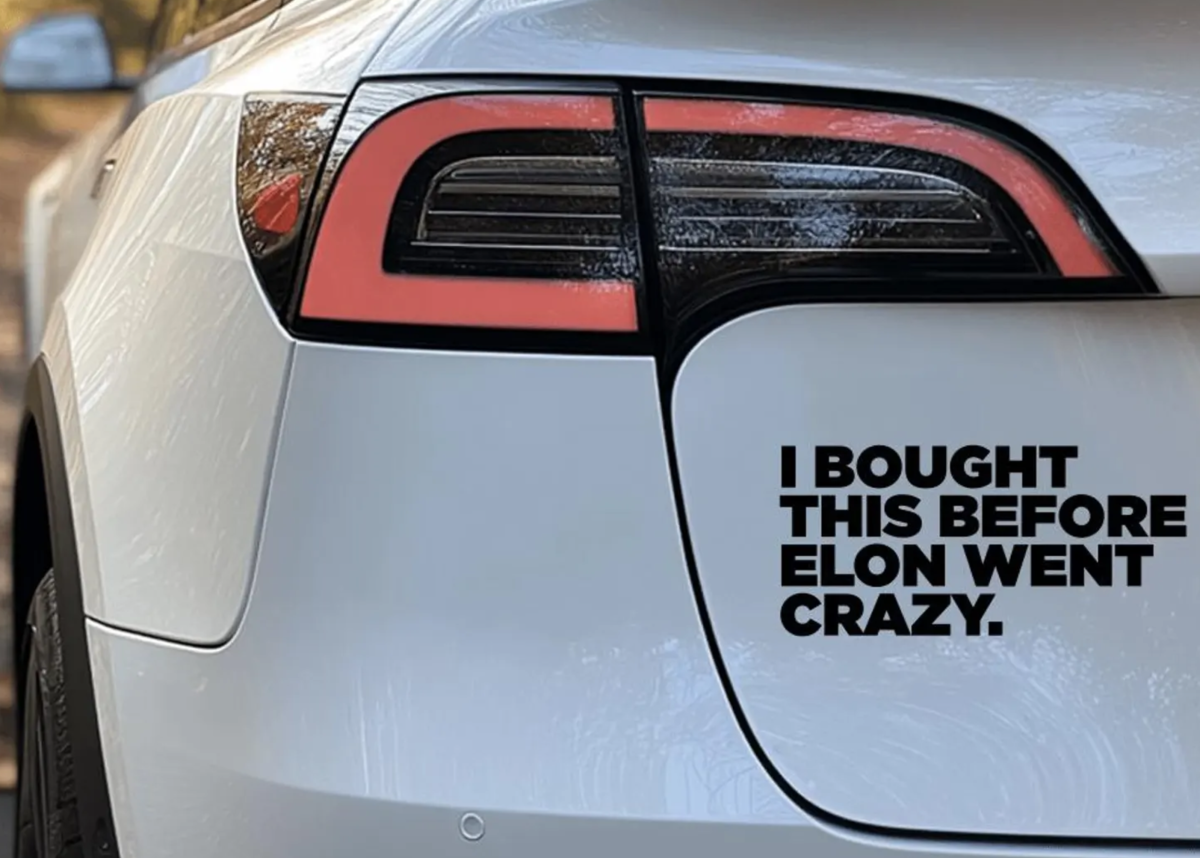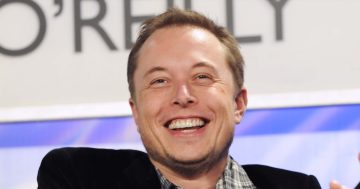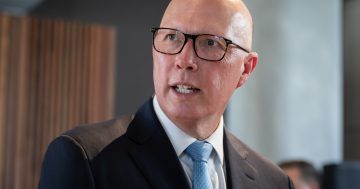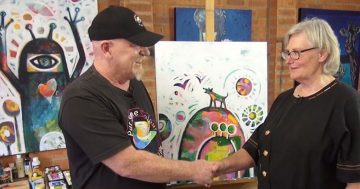
David Murtagh says Elon Musk’s got more money than God, and he got it by making products people want (and changing the world). Image: GROK (AI generated).
When 2021 Australian of the Year Grace Tame joined other AOTY winners at The Lodge on Australia Day this year, she did so wearing a T-shirt that left no doubt what she was thinking: F@#% MURDOCH.
But it turns out looks can be deceiving, for her complaint wasn’t just about the nonagenarian billionaire tyrant. And her shirt didn’t use obscenicons.
Explaining the attire later that day, she told The Guardian: “[The T-shirt is] clearly not just about Murdoch, it’s the obscene greed, inhumanity and disconnection that he symbolises, which are destroying our planet.
“For far too long, this world and its resources have been undemocratically controlled by a small number of morbidly wealthy oligarchs.”
She’s right. And we should be bloody glad that they exist. If it weren’t for those “morbidly wealthy oligarchs”, the modern world wouldn’t be quite so modern.
Try this experiment when you’re next out and about or, better yet, at work, take a moment to look around. Scan your environment. You might love your workplace, you might love your co-workers, but a lot of them are muppets. (Not you, of course, you’re awesome, but that other fella, sheesh.)
Most of us (yes, sadly, us) can only dream of being morbidly wealthy oligarchs because, if we’re honest with ourselves, we don’t have the combination of imagination, drive, initiative, skill and courage to capture an idea and put it all on the line to make it happen.
Take everyone’s current favourite punching bag – Elon Musk. (But note that many of the people now whining about him loved him when they thought he was on ‘their’ side, proving, as always, that politics is the ultimate team sport.)

Maybe we only have the electric car revolution because Elon Musk is crazy. Photo: Etsy.
Musk’s billionaire origin story is that he sold his stake in PayPal and trousered about $180 million in 2002. Back then, that was serious money.
What would you have done with that kind of dosh?
One thing’s for sure, you wouldn’t have stuck $100 million into a company to build rockets (SpaceX), or $70 million into an electric car company.
Musk hasn’t just made fat stacks of cash; he has also changed the world.
He made battery-powered cars sexy – and to drive home that point, he even labelled the models S, 3, X and Y.
Today, he is reportedly worth about $500 billion.
And so what?
When he went from $180 million to $200 billion, and then $300 billion to whatever it is now, what did it cost you?
Nothing. Precisely nothing.
Unless you voluntarily joined the millions of people who’ve bought a Tesla, he’s taken nothing from you. If his stocks rise again and he tops the trillion mark, will it cost you a cent? Not at all, although it might benefit you through his next creation or a by-product of his space travels.
While ‘morbidly wealthy oligarchs’ would be a great name for a band, it’s hardly a description of the world’s super-rich, such as the tech bros.
Unlike, say, the people who founded The Scott Trust, which today helps fund The Guardian, the super-rich entrepreneurs behind Facebook, Google, Microsoft and X didn’t make their money through the transatlantic slave trade.
The fact is the current crop of ‘oligarchs’ started with practically nothing and made their money by selling products the world wanted in highly competitive markets.
Bill Gates made his fortune beating IBM. Jeff Bezos challenged Walmart. Google took on Yahoo and Microsoft. Mark Zuckerberg basically invented social media.
They changed the way we work, shop, discover and interact.
And Musk?
He went up against Ford, GM, Volkswagen, Mercedes, Toyota and a heap more and created the most valuable automaker of all. And found time to think about rockets that are redefining space travel and teaching a thing or two to NASA.
You may not like them as people, but if oligarchs made their money selling products the world wants, they’ve made the world a better place.
And what about Murdoch?
You’re free to hate his politics, you’re free to hate his media, but no one is forcing you to pay for it. Unlike the ABC.




















